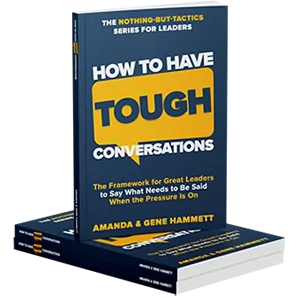Getting too comfortable is a problem. In fact, it may be the reason why you are “fine” or “OK” with your life or business right now. You have heard about getting outside your comfort zone. Well, our guest today is a master at this. He wrote the book on it. Andy Molinsky shares wisdom to help you grow and evolve. This is a big show…lean in.

In this episode we’ll cover:
- Cultivating conviction to get us through obstacles
- Learning about customization
- Becoming clear on your WHY
- Choosing courage despite the fears
- What keeps people in their comfort zones (& how to avoid this)
Target Audience: Andy serves multiple types of people. He is a professor at Brandeis University in the business and psychology department. He is a business author, who consults teaches and trains.
Why did You Have to Write your Book: Reach?
Andy shares that the message in the book Reach was something that was inside of him already. It is about how he has and continues to step outside his comfort zone. Andy believes that his struggles are what allowed him to be more finely attuned to the challenges of stepping out comfort zones.
As an author, he chose to write on a topic where he encountered the most trouble. It is where the greatest insights and motivations come from.
What keeps people inside their comfort zones? People fear they may lack:
- Authenticity
- Competence
- Likability
- Morality
Living with Conviction
Courage is not the absence of fear. Courage is the ability to take action in spite of fear. That is why Andy says we must live life with much Conviction. It is important that we are able to stick with discomfort.
If we have identified and feel our deep sense of purpose we automatically know our why. Knowing WHY you are interested in doing something that scares you keeps your momentum going when things get tough.
Practical and Actionable:
The third element (which comes after Conviction & Customization) is: Clarity
- Take out 3 pieces of paper (or create 3 sections somehow).
- Write down: Worst case scenario, best case scenario and realistic case scenario.
- Put a “likelihood” rating on it on a scale of 1-10. How likely is it that this will occur?
- Rate all 3.
What usually happens with this is: you stop fixating on the worst case scenario (and realize it is unlikely) and then you begin to have a grounded perspective. Don’t fixate on the worst or best case scenario. This helps to ground you in the present.



